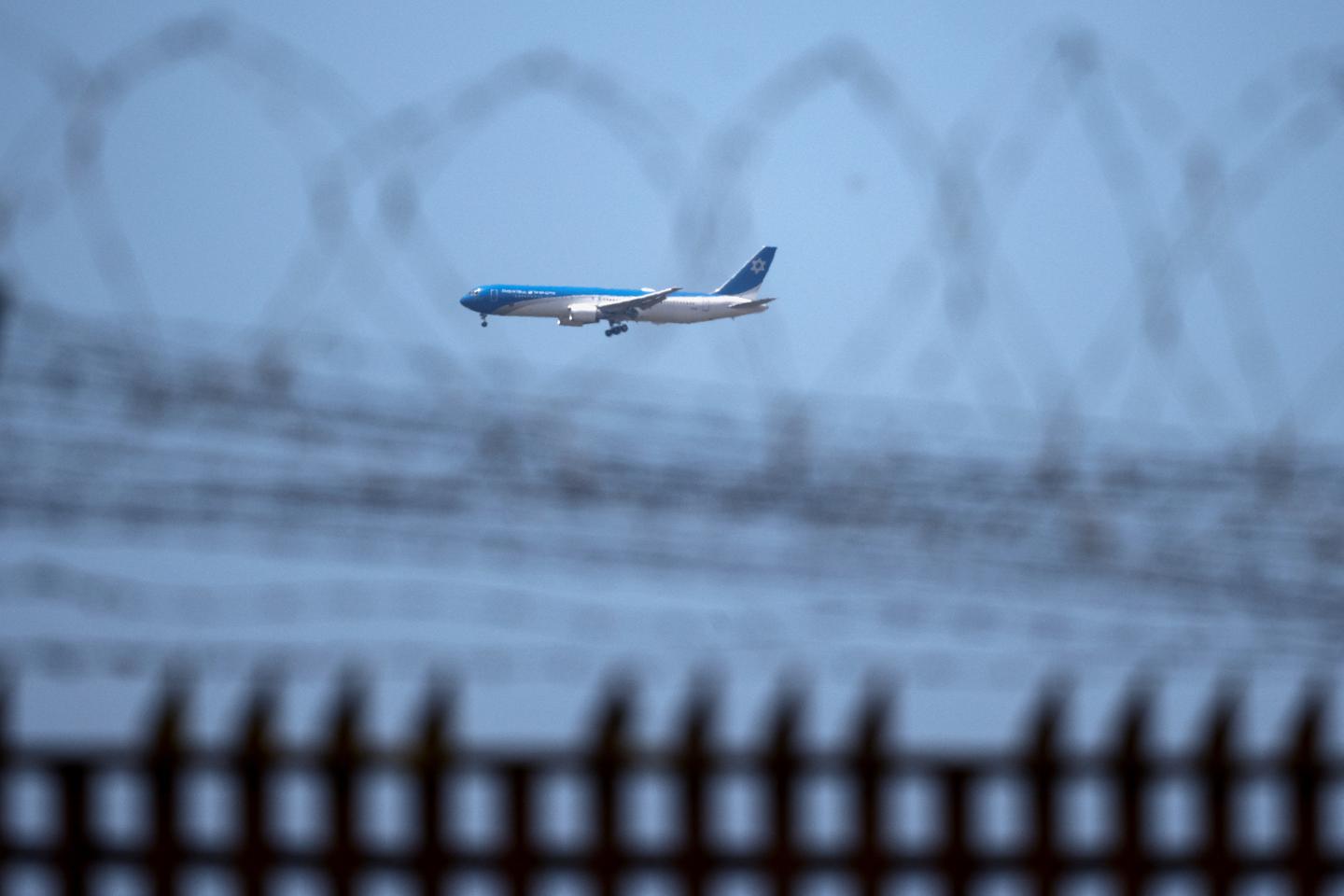Canadian Tech Linked to Controversial U.S. Strikes Against Venezuelan Drug Boats
A high-tech, Canadian-made camera system was reportedly used in controversial U.S. strikes against alleged Venezuelan drug boats, according to a report by Project Ploughshares. CBC News analyzed the report and consulted experts, concluding that Canadian technology was likely involved in surveillance during these operations. These strikes, authorized by then-President Donald Trump, have raised questions about international law and human rights.
Project Ploughshares Report and CBC Analysis
Project Ploughshares, a peace research institute, stated that the U.S. military used an L3Harris WESCAM MX-Series sensor system to track and surveil boats that were subsequently struck in the first two publicized strikes in September 2025. CBC News corroborated these findings through visual analysis of the released videos and comparison with product manuals and expert opinions. "There has to be more human rights oversight…. We are seeing Canadian weapons being misused," said Kelsey Gallagher, a senior researcher with Project Ploughshares.
U.S. Strikes and International Law Concerns
The U.S. military launched five strikes in the Caribbean against ships allegedly smuggling drugs, which President Trump characterized as operated by "narcoterrorists." At least 21 people were killed in these strikes. Experts quickly questioned the strikes' legality, suggesting potential violations of international human rights and maritime laws. Alexander Avina, an associate professor of history at Arizona State University, stated that Canada could be seen as "complicit in a way in the type of war crimes that the Trump administration has committed in the Caribbean basin." The White House defended the strikes as a matter of self-defense and consistent with laws of armed conflict.
Global Affairs Canada Monitoring the Situation
CBC News contacted Global Affairs Canada (GAC) regarding the involvement of Canadian technology, the legality of the strikes, and the need to review Canada's arms export relationship with the United States. A GAC spokesperson stated, "Global Affairs Canada is aware of the U.S. operation and is monitoring the situation." According to the Project Ploughshares report, the Canadian-made surveillance technology was used to help carry out the first and second strikes.
L3Harris WESCAM and MX-Series Systems
The MX-Series are electro-optical/infra-red (EO/IR) systems used for intelligence, surveillance, reconnaissance, and target acquisition. They are manufactured in Canada by L3Harris WESCAM in Hamilton, a subsidiary of L3Harris Technologies, a major U.S. defense contractor. L3Harris WESCAM specializes in EO/IR systems and has exported MX-Series systems to almost 90 countries. "The U.S. Department of Defence is one of, if not the biggest customer of L3Harris WESCAM EO/IR sensors," said Gallagher.
Visual Investigation and Key Findings
The Project Ploughshares report found distinct visual similarities between the Venezuela strike videos and previously identified videos from MX-Series systems. These similarities included a middle scale bar and overall layout. A former Canadian Forces member confirmed the visuals matched publicly available Turkish military WESCAM MX-Series videos. CBC's visual investigations team also found that the videos of the first two strikes closely align with publicly available videos of MX-Series systems. Other graphical clues, such as a visible "T," further pointed toward the use of a WESCAM MX-Series system.
Experts' Concerns and Calls for Action
CBC News spoke with numerous experts who believed that an MX-Series system was likely used in the first two strike videos. Legal experts raised concerns about potential violations of international human rights and maritime law. Michael Becker, an assistant professor of international human rights law at Trinity College Dublin's school of law, described the strikes as "basically amounts to the president of the United States handing out a licence to kill." Gallagher, of Project Ploughshares, called for fixing loopholes in Canada's national control regime to improve oversight on arms exports to the United States.
Hegseth's Announcement and Subsequent Strikes
Then-Defense Secretary Pete Hegseth announced a strike killing four men aboard a boat near Venezuela, claiming they were smuggling narcotics and affiliated with designated terrorist organizations. This strike followed others in September, with the U.S. military killing 21 people it claimed were smuggling drugs. Trump stated the first strike killed 11 members of Tren de Aragua, a claim disputed by Venezuela. These actions have raised legal and ethical questions regarding the use of lethal force in international waters.
The Trump Administration's Perspective
The Trump administration defended the strikes, with Hegseth asserting the individuals were "narco-terrorists" operating on known trafficking routes. He declared that such strikes would continue. Trump, in a post on Truth Social, claimed the boat was "loaded with enough drugs to kill 25 TO 50 THOUSAND PEOPLE." The administration had designated drug cartels, including Tren de Aragua, as foreign terrorist organizations, justifying the military actions.
Questions Raised About Just War Principles
The strikes have prompted discussions about whether they align with Catholic "just war" criteria. Experts, such as Msgr. Stuart Swetland and David Cochran, raised concerns regarding rightful authority, last resort principles, and proportionality. Colombian President Gustavo Petro called for an investigation. These actions have led to debates about the limits of using military force against suspected drug smugglers and the potential violation of international law.
Conflicting Accounts and Ongoing Investigation
Reports emerged claiming some victims were innocent civilians, including a fisherman with four children. Diosdado Cabello, Venezuela's Interior Minister, denied that the victims were members of Tren de Aragua. While Snopes could not independently verify these claims, the anonymous nature of interviews in The New York Times highlighted the difficulty in confirming the identities of those killed. The White House defended the strikes, calling it "bizarre" that anyone would "run cover for evil Tren de Aragua narcoterrorists." The issue continues to be investigated.
 Visit the website
Visit the website






